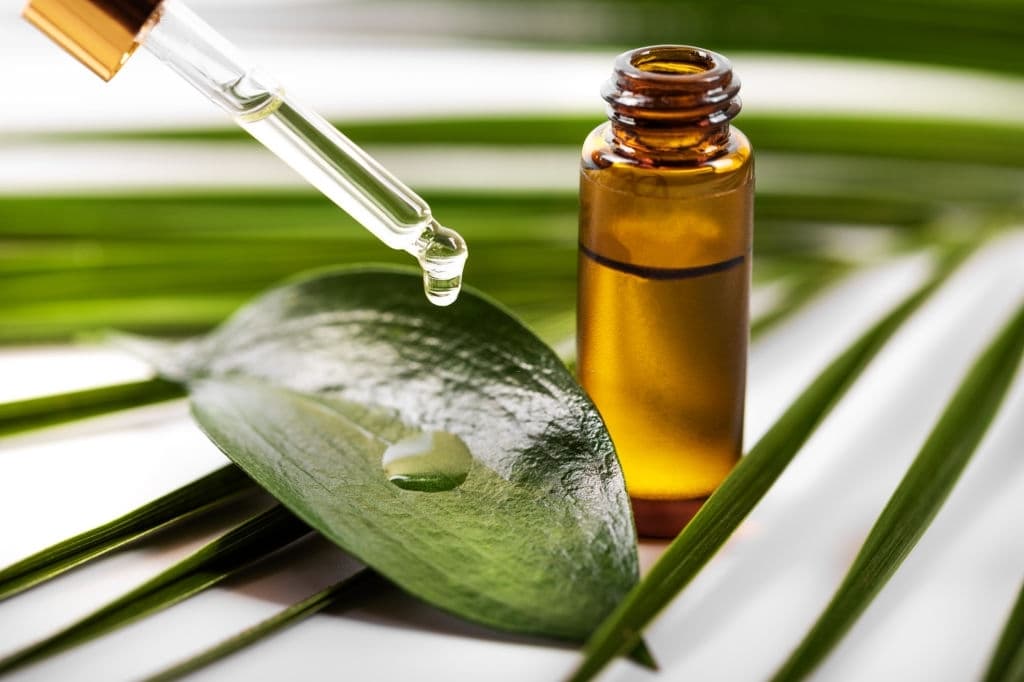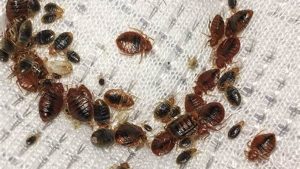Bed bugs are making an unwelcome comeback in homes worldwide, leaving many people desperate for effective solutions. With growing concerns over chemical treatments, essential oils have emerged as a popular alternative. But do they really work? Let’s dive into the world of essential oils and see which ones can help you reclaim your bed.
Understanding Bed Bugs and Their Impact
Bed bugs are tiny, bloodsucking insects that thrive in furniture, bedding, and upholstery. They aren’t known to transmit diseases, but their bites can cause itchy welts and even painful rashes if left untreated. These pests are notorious for their resilience and ability to hide in the smallest of crevices, making them a nightmare to eliminate.
The Science Behind Essential Oils and Bed Bugs
Essential oils are concentrated plant extracts known for their potent scents and therapeutic properties. Some essential oils contain compounds that can disrupt the nervous systems of insects, including bed bugs. Research has shown that oils like thymol and carvacrol can be particularly effective against these pests. These oils can either repel bed bugs or kill them on contact, offering a natural alternative to chemical treatments.
Top Essential Oils Effective Against Bed Bugs

Tea Tree Oil
Tea tree oil is renowned for its antiseptic and anti-inflammatory properties. It can suffocate bed bugs by disrupting their cell membranes, making it a potent weapon in your pest control arsenal.
Lavender Oil
Lavender oil is not just for relaxation; it also has neurotoxic effects on bed bugs. Its pleasant scent for humans is highly repellent to these pests.
Peppermint Oil
Peppermint oil’s high menthol content makes it a powerful repellent and killer of bed bugs. Its strong fragrance overwhelms the insects, driving them away.
Eucalyptus Oil
Eucalyptus oil contains citronellol, which is effective against a variety of insects, including bed bugs. It works by inhibiting their ability to feed and reproduce.
Thyme Oil
Thyme oil, rich in thymol, has strong insecticidal properties. It can disrupt the nervous system of bed bugs, making it an effective natural pesticide.
Clove Oil
Clove oil contains eugenol, a compound with potent insecticidal properties. It can kill bed bugs on contact and also acts as a repellent.
Application Methods and Best Practices
Using essential oils effectively requires some know-how. Always dilute essential oils with water or a carrier oil to avoid skin irritation. Here are some methods to apply them:
- Spray Applications: Mix essential oils with water in a spray bottle and apply them to infested areas like mattresses, bed frames, and carpets. Repeat daily for best results
Diffuser Methods: Use an essential oil diffuser in your bedroom to keep bed bugs at bay while you sleep.Combining Oils: For enhanced effectiveness, combine different essential oils. For example, a mix of tea tree, lavender, and eucalyptus oils can provide a broad-spectrum defense against bed bugs
Integrating Essential Oils into a Comprehensive Bed Bug Strategy
Essential oils can be a valuable part of a broader bed bug control strategy. Complement them with non-chemical methods like:
- High Heat Treatments: Wash bedding and clothes at high temperatures and use a steam cleaner on furniture
- Vacuuming: Regularly vacuum your home, paying special attention to cracks and crevices where bed bugs hide.Professional Help: If the infestation is severe, don’t hesitate to call in pest control experts
Limitations and Considerations
While essential oils offer a natural alternative, they aren’t always as effective as chemical treatments. Bed bugs can be incredibly resilient, and essential oils may require frequent reapplication to maintain their efficacy. Additionally, some people may experience allergic reactions to certain oils, so always perform a patch test first.
Conclusion
Essential oils like tea tree, lavender, peppermint, eucalyptus, thyme, and clove offer promising natural solutions to bed bug infestations. While they may not replace professional treatments entirely, they can be an effective part of a comprehensive pest control strategy. As research continues, these natural remedies may become even more potent and reliable, helping us keep our homes bed bug-free.


